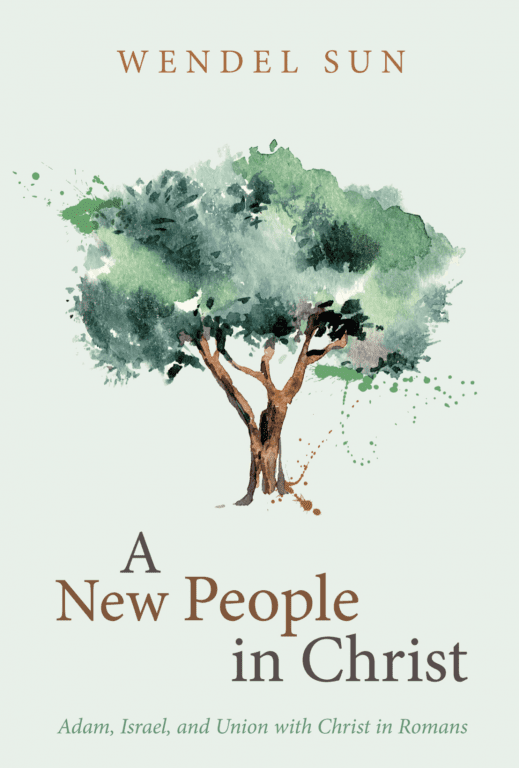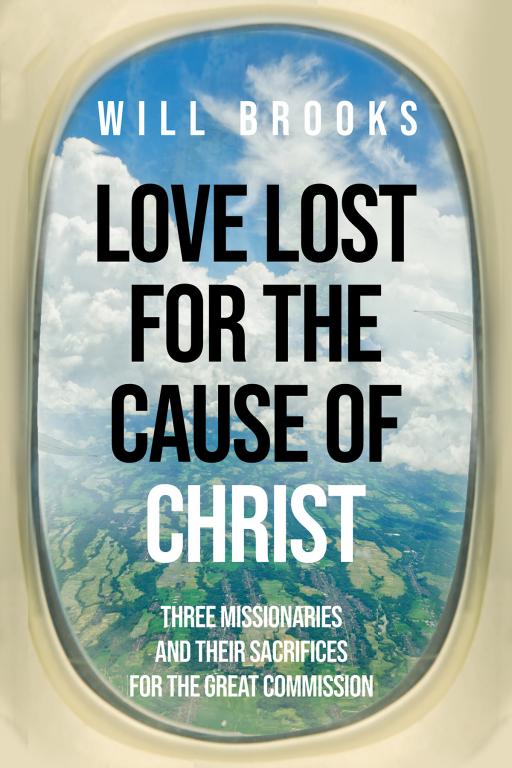Two things usually escape our notice: cognitive biases and theological syncretism. This is not surprising. When you’re generally unfamiliar with an idea, you’re less likely to understand it. What does this mean for us? We are unable to account for our biases and so succumb to theological syncretism rather than healthy contextualization. Definitions and Interpretations The seedbed for my thinking comes from Aaron Chalmers’ exceptional article “The Influence of Cognitive Biases on Biblical Interpretation” (BBR, 26.4). As I argue in... Read more

















